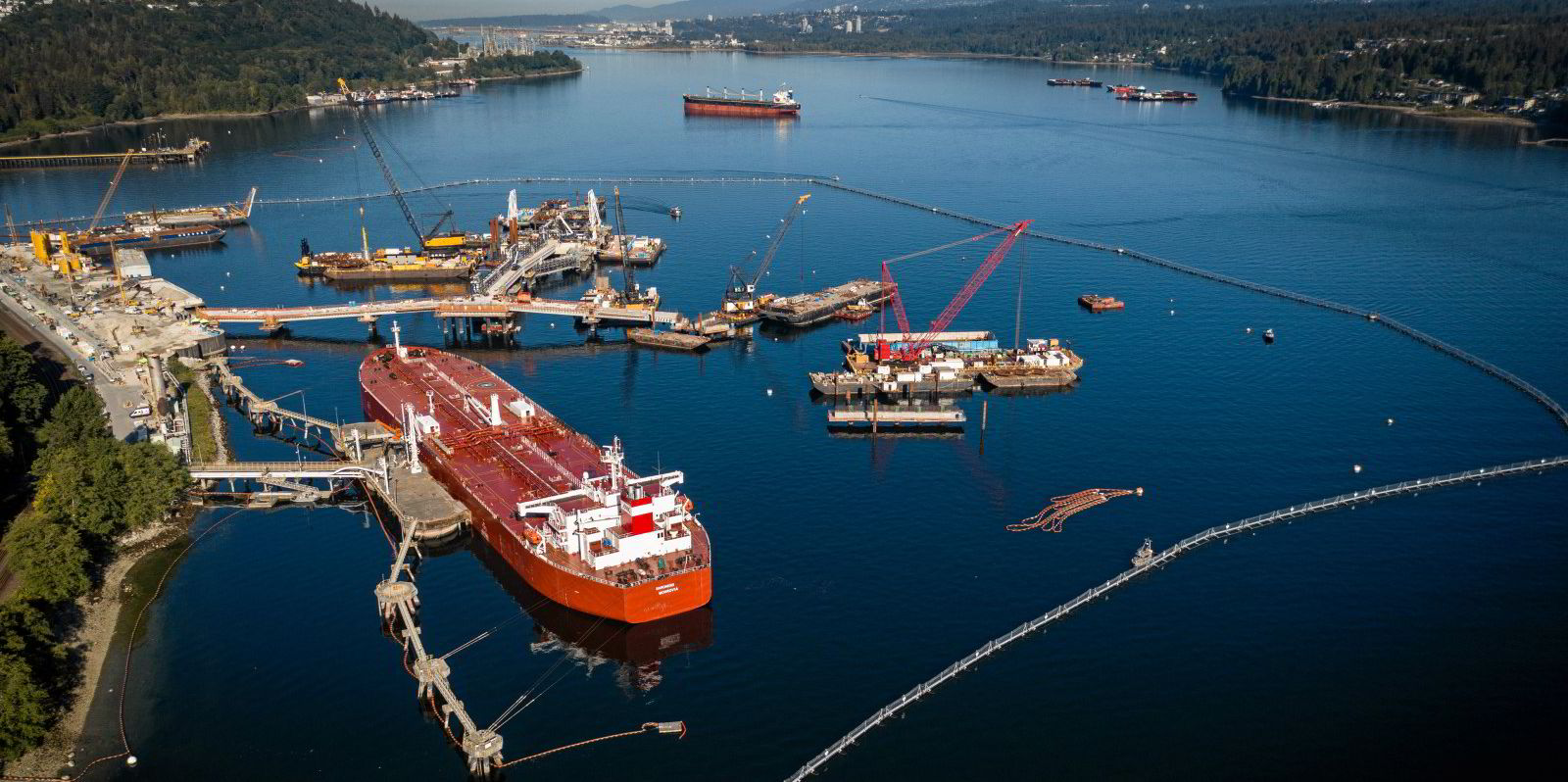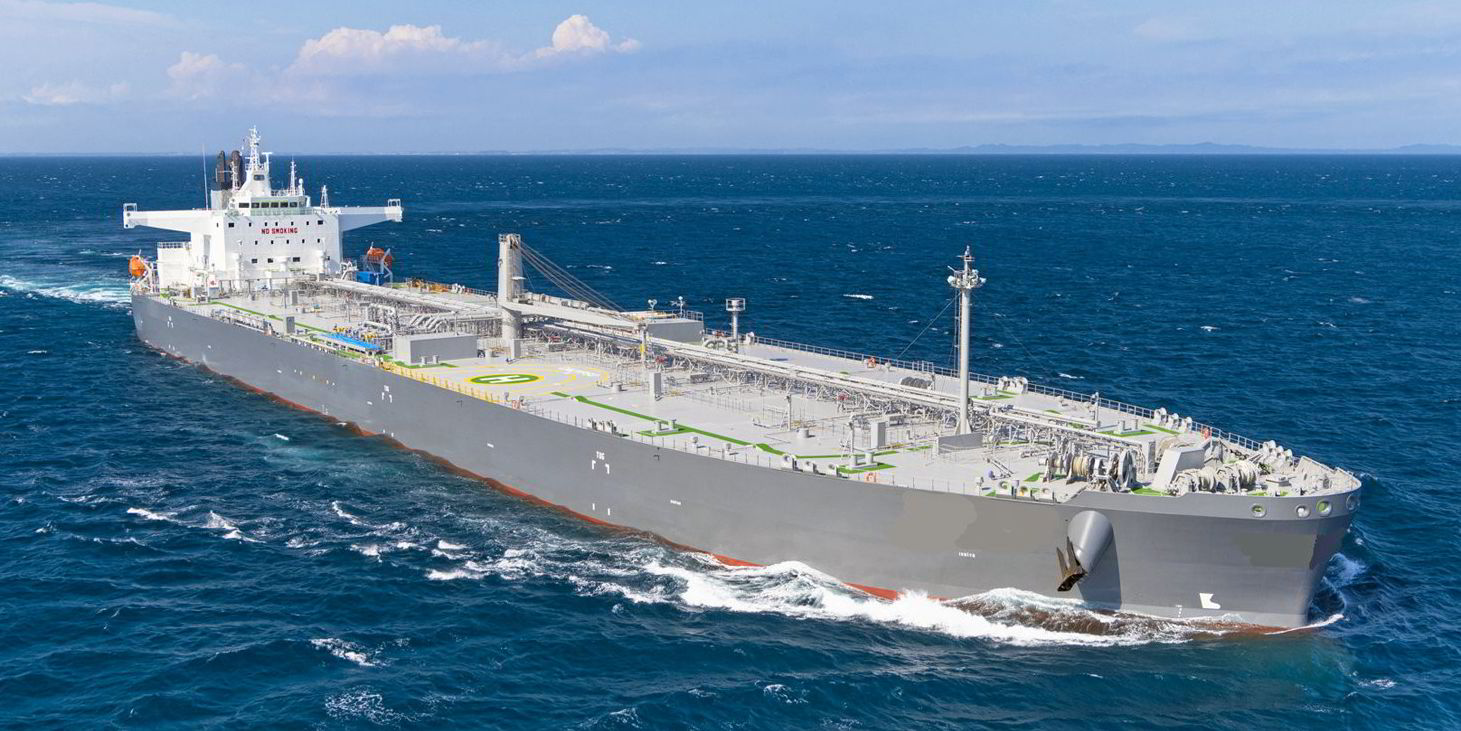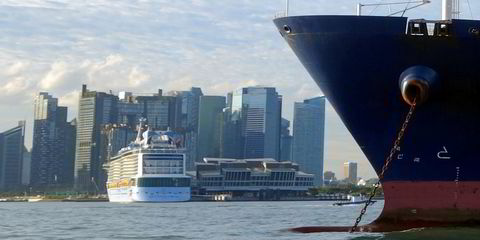A potential delay in the full opening of an expanded Canadian oil pipeline has led to an oversupply of aframax tankers that has sent freight rates for loading from Vancouver to a six-month low, according to analysts.
The $34bn Trans Mountain Expansion (TMX) was due to open on 1 May, leading to a build-up of tankers, but shippers have expressed concerns that the start of the project will be delayed.
The project adds an extra pipeline to an existing one that runs from Edmonton, Alberta, to the coast of British Columbia for loading at Vancouver. Export capacity will increase from 300,000 barrels per day to 890,000 bpd with the extra pipeline.
The pipeline is expected to boost demand for aframaxes, the largest tankers that can be accommodated at Vancouver. The port’s Westridge Terminal will need to service one aframax per day at full capacity, up from two cargoes per month currently.
But rates have been falling since mid-March and market players not expecting to start loading until the second half of May, said Tray Swanson, the Americas’ freight pricing analyst for Argus Media.
“Shipowners have positioned more vessels to be on the west coast to satisfy anticipated demand in Vancouver, but that demand has yet to materialise, leaving the aframax market oversupplied for now,” he said.

Freight rates from Vancouver to the US west coast have fallen from $2.55 per barrel on 21 March to $1.50 per barrel on 22 April, the lowest for more than six months. The Vancouver to China rate for aframaxes has also fallen to a six-month low.
Lawyers on behalf of shippers including Suncor Energy, Marathon and BP wrote to the Canada Energy Regulator on Tuesday because of concerns that they would still be liable for tariffs and tolls if the opening were delayed.
“While it is possible that Trans Mountain might be able to complete the physical construction of expansion facilities [by 1 May] there appears to be a real likelihood that those facilities will not be capable of providing firm service at that time,” they wrote.
Most Canadian crude exports currently go to the US Gulf coast. The pipeline expansion was seen as an attempt to tap more lucrative Asian markets, including China, Japan and South Korea, according to Vortexa crude analyst Mary Melton.

In Asian markets, Poten & Partners said the Canadian barrels will compete with Russian and Middle Eastern crudes as well as US Gulf exports.
“The US West Coast, which imports about 1.4m bpd, is a highly competitive market and it is not growing, which means TMX crude will need to replace other barrels,” said Poten. The short voyage distance from Vancouver would provide a competitive advantage, it said.
There is still much speculation about how much of the TMX crude will go to Asia versus the US West Coast. Some pundits expect a 50/50 split, while others assume up to 75% will end up in Asia.
Poten said 10 shippers committed to the TMX under 20-year contracts covering 80% of the pipeline’s capacity, leaving 20% available for spot shipments.
Read more
- Teekay Tankers says Canadian pipeline could add 30 aframax loadings per month
- Rocky road ahead as Canadian pipeline promises ‘entirely new’ Pacific tanker market
- Increasing US crude production a potential boost for tankers, Poten says
- Poten expects aframax boost as Canadian exports tipped to hit 30 cargoes a month
- Biden’s Keystone rejection strikes positive tone for tanker owners





